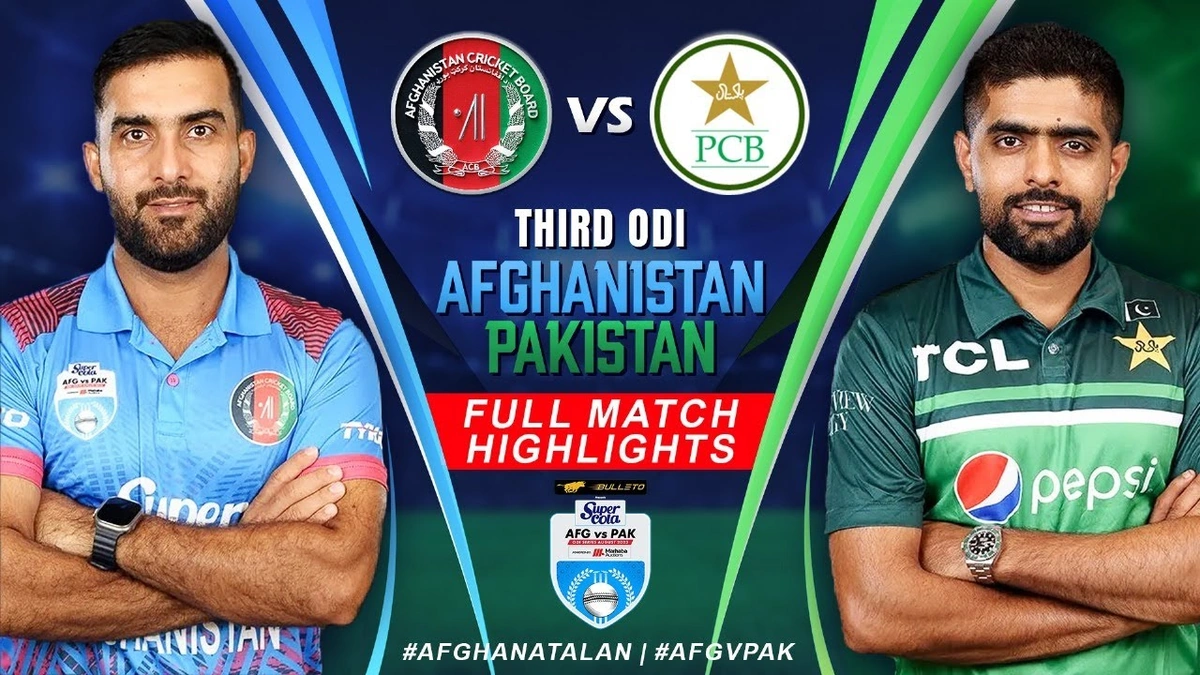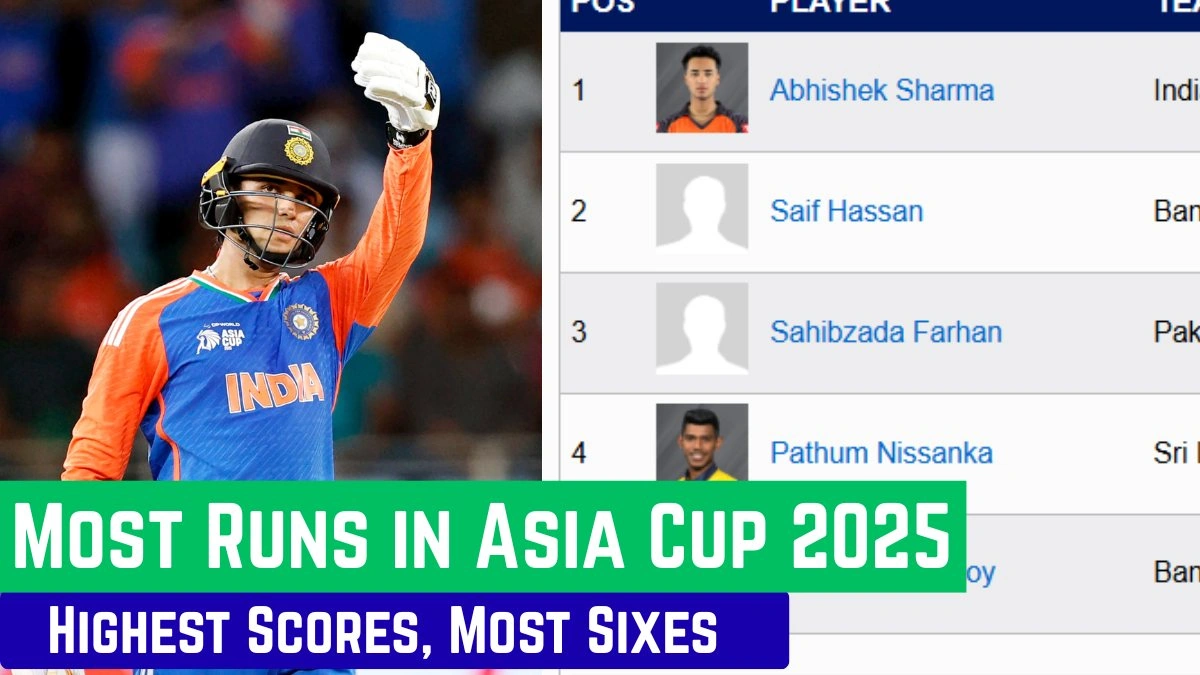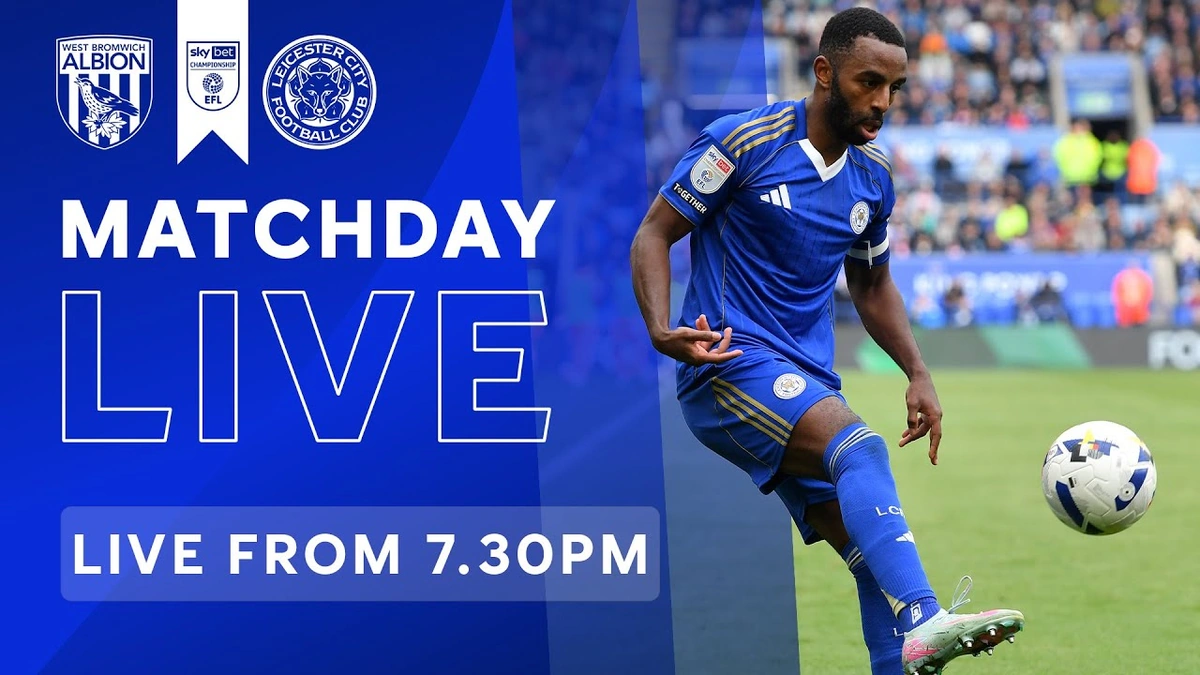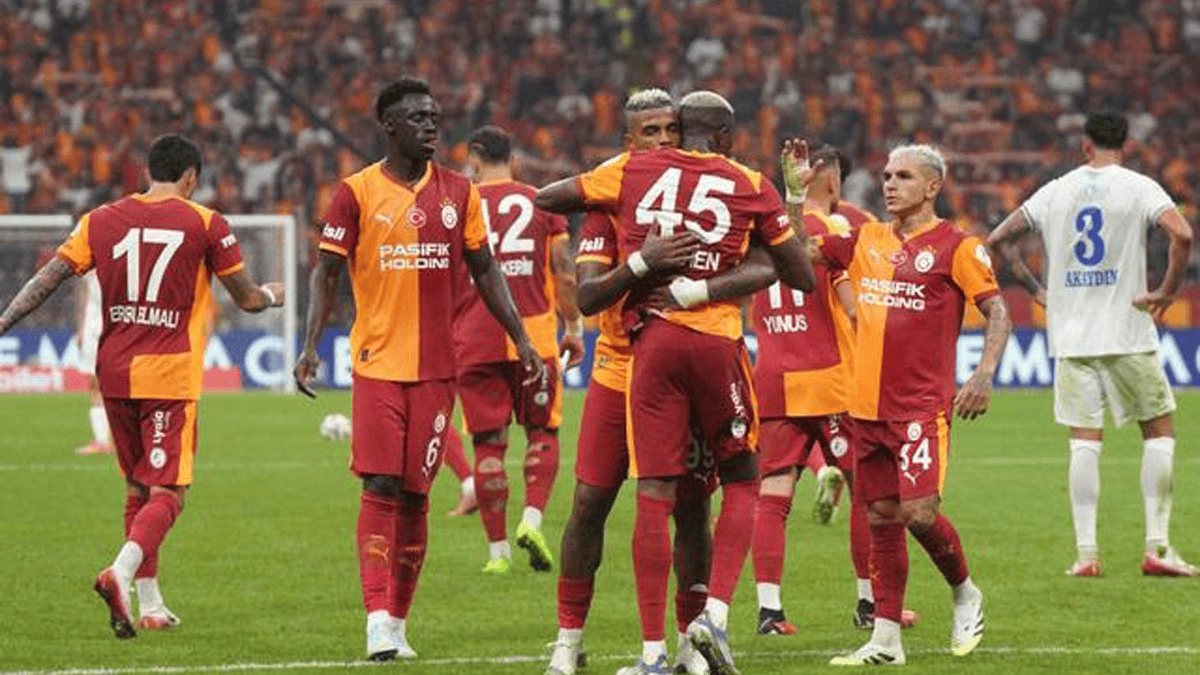Afghanistan vs. Pakistan | More Than Just Cricket and Border Disputes
Okay, let’s be honest. When most Indians hear “Afghanistan vs Pakistan,” their minds probably jump straight to cricket, right? The intensity, the passion, the nail-biting finishes – it’s all part of the spectacle. But beneath the surface, there’s a whole lot more going on than just wickets and boundaries. What fascinates me is how deeply intertwined these two nations are, despite their often-turbulent relationship. We’re not just talking geopolitics here; we’re talking about shared history, cultural connections, and the real lives of people caught in the crossfire. So, let’s dive into the ‘why’ behind this complex dynamic.
The Historical Knot | Unraveling the Past
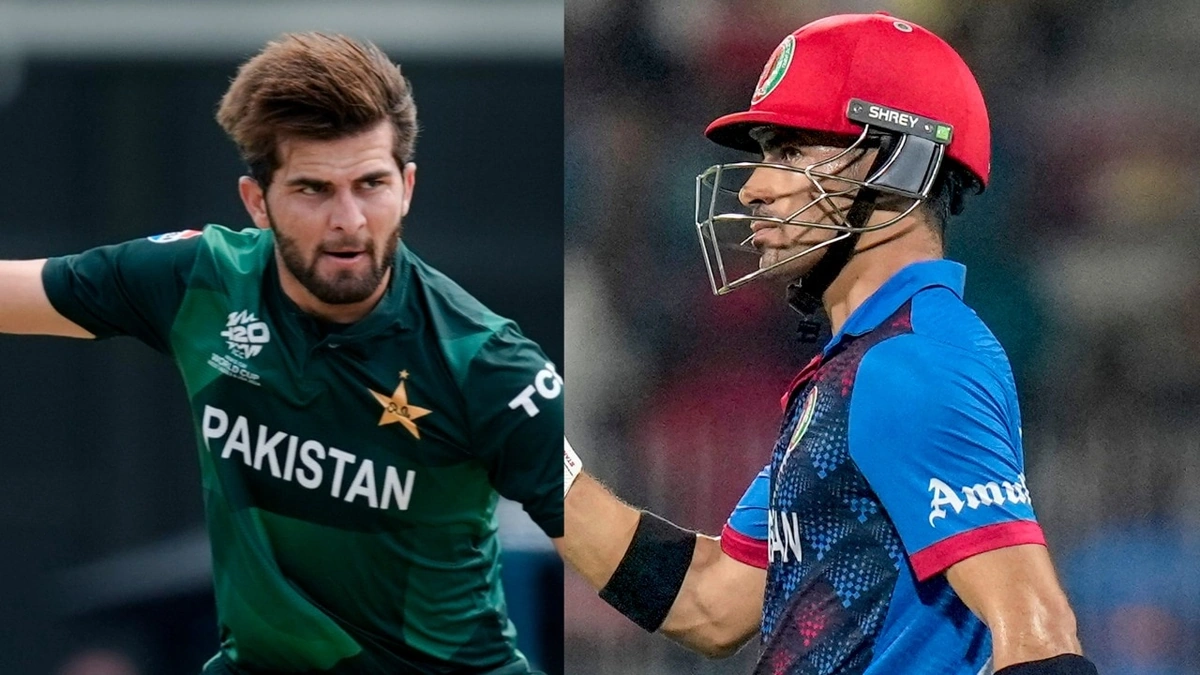
Afghanistan and Pakistan share a border, a history, and to some extent, a destiny. The Durand Line, that infamous border drawn by the British, has been a source of contention since, well, forever. But before that, these lands were part of empires, kingdoms, and shared cultural spaces. It’s like a family that can’t quite get along, but can’t escape each other either. And here’s the thing – the Durand Line dispute isn’t just about lines on a map; it’s about communities divided, families separated, and a deep sense of historical grievance. This is why it continues to fuel tensions even today.
But, beyond border disputes, the Soviet-Afghan War had implications for both nations. Pakistan, supported by the US, became a key staging ground for the Mujahideen fighters. This period saw the rise of radical elements that would later contribute to instability in the region. The blowback of that era is still felt today. The rise of the Taliban in Afghanistan and its impact on Pakistan’s internal security are direct consequences of these historical events. This regional security concern is paramount.
The Shadow of Geopolitics | A Great Game Redux?
Now, let’s talk geopolitics. Afghanistan has always been a chessboard for global powers, and Pakistan’s location makes it an unavoidable player. The interests of the US, China, Russia, and India are all vying for influence in the region, and Afghanistan becomes the battleground – diplomatically and sometimes otherwise. Let me rephrase that for clarity: it’s not just about these two nations anymore; it’s a stage for global powers. But, as Wikipedia notes, this complex interplay shapes regional dynamics and influences the relationship between Afghanistan and Pakistan in profound ways.
Pakistan’s relationship with the Taliban is a particularly thorny issue. Accusations of supporting the Taliban have dogged Pakistan for years, despite its denials. On the other hand, Pakistan sees a stable Afghanistan as vital for its own security and regional connectivity. I initially thought this was straightforward, but then I realized the situation is deeply nuanced. Pakistan worries about cross-border terrorism emanating from Afghanistan, and Afghanistan accuses Pakistan of harboring militants. A common mistake I see people make is viewing this as a black-and-white issue. It’s anything but.
Beyond the Headlines | The Human Cost
What often gets lost in the news cycles is the human cost of this conflict. The ordinary Afghan and Pakistani citizens bear the brunt of instability, violence, and economic hardship. Let’s be honest, the constant political turmoil makes life incredibly difficult for families, businesses, and communities on both sides of the border. What fascinates me is the resilience of these people, their ability to find hope amidst chaos. The refugee crisis, the displacement of communities, the loss of loved ones – these are the real stories that need to be told.
And the economic ties – they’re there, but strained. Trade between the two countries has the potential to be a major driver of growth, but political tensions often disrupt these flows. What if both nations prioritized economic cooperation over political point-scoring? It could transform the lives of millions. According to the World Bank, increased trade and investment could significantly boost economic opportunities in the region, but the political instability keeps hindering any real progress. Speaking of that, read more about internal dynamics impacting the country .
Looking Ahead | A Path to Stability?
So, what does the future hold? It’s tough to say. But one thing’s for sure: a stable, peaceful Afghanistan is in Pakistan’s best interest, and vice versa. Dialogue, cooperation, and a focus on shared interests are the keys to unlocking a more prosperous future for both nations. The one thing you absolutely must double-check is whether leaders are truly prioritizing the needs of their people. Or are they getting influenced by external players?
Let me rephrase that for clarity: Regional cooperation will be extremely vital going forward. Pakistan’s role is crucial because of its geographical proximity to Afghanistan. One thing is clear: lasting peace cannot be achieved through military means alone. The situation is incredibly complex, but one thing is certain: the relationship between Afghanistan and Pakistan will continue to shape the region for years to come. Find out more about complex relationships by reading about what happens when people don’t get along.
Cross-border relations between Afghanistan and Pakistan, whether in terms of trade or political matters, require constant maintenance. This is where consistent dialogue and negotiations are extremely important.
FAQ Section
What are the main points of contention between Afghanistan and Pakistan?
The Durand Line border dispute and accusations of supporting militant groups are major issues.
How does geopolitics affect the Afghanistan-Pakistan relationship?
The involvement of global powers creates additional complexity and influences regional dynamics.
What is the human cost of the conflict?
Ordinary citizens face instability, violence, economic hardship, and displacement.
What role can economic cooperation play?
Increased trade and investment could significantly boost economic opportunities, but political tensions disrupt progress.
What is the key to a more stable future?
Dialogue, cooperation, and a focus on shared interests are essential.
How can peaceful relations be maintained in the future?
Constant dialogue and negotiation, with key leaders, will continue to shape the region for years to come.
